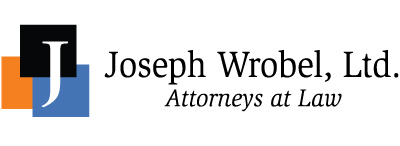
What is a CHAPTER 13 Bankruptcy?
Chapter 13 is a Court proceeding that is filed with the US Bankruptcy Court, allowing you to arrange a payment plan to pay all of your bills through the Chapter 13 Trustee.
What are the benefits of CHAPTER 13?
Chapter 13 provides debt relief, eliminates bill problems, and stops harassment by creditors. Chapter 13 reduces the amount of money that you pay each month and pays all your bills: credit cards, auto loans, student loans, medical bills, parking tickets, the IRS, repossessions, etc. It will STOP a mortgage foreclosure that is already in progress. It will even allow you to reinstate your driver’s license if suspended due to too many parking tickets or being in an accident without insurance.
Like Chapter 7, Chapter 13 provides the same protection against creditor harassment under the “Automatic Stay”
Who can file CHAPTER 13?
To be eligible to file a Chapter 13, you need to be employed or have other regular monthly income, such as social security benefits or rental income from real estate. You can file a Chapter 13 even if you have previously filed a Chapter 13 or a Chapter 7, as long as your previous case is no longer pending.
What happens after the petition is filed?
After your petition is filed with the Court, we will send you a copy of the “Automatic Stay”, and a letter advising you when and where to start your Chapter 13 payments. the payments can be deducted from your paycheck if you so desire. The payments are sent to the Court-appointed Trustee. The Trustee will distribute your payments to your creditors each month.
About four weeks after your case is filed, you will be required to attend a short meeting at the Trustee’s office. We will appear with you at the meeting, where you will be asked some brief questions concerning your income and expenses.
A few weeks after the meeting, the Court will approve your plan and the Trustee will start paying your creditors. When your plan has been completed, your debts will have been paid in full and you will receive a Court-ordered discharge of your debts.
How much and how long?
The amount of the plan payments and the length of the plan will depend upon your current income and current expenses, the types of debts that you have, the Median Income/Means Test, and the amounts that you owe. You will need our legal advice to determine the monthly payments and the length of the plans.
 Subscribe to CB on YouTube!
Subscribe to CB on YouTube!